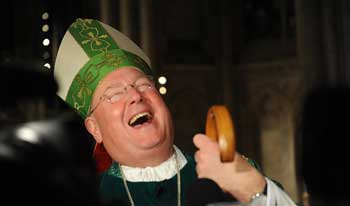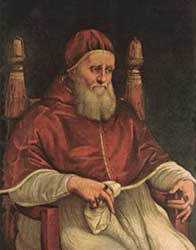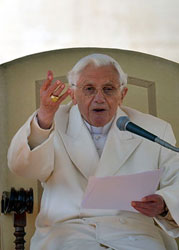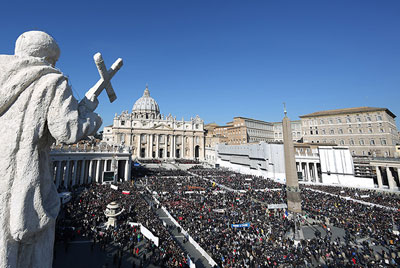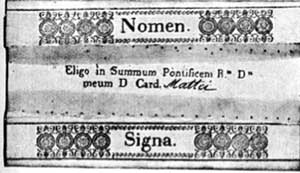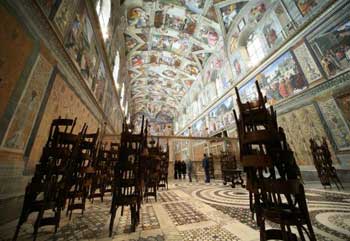Cardinal Bagnasco: The Preserver
He was regarded a low profile pastor, but as chairman of the Italian Bishops’ Conference, Cardinal Bagnasco developed a pro-active role as strict preserver of the “non-negotiable values”.
The family, based on the marriage solely between a man and a woman. is part of these “non-negotiable” principles. It is strange, when the way towards a developed Europe requires the denial of human values, said Cardinal Angelo Bagnasco, President of the Italian Episcopal Conference, in January 2013.
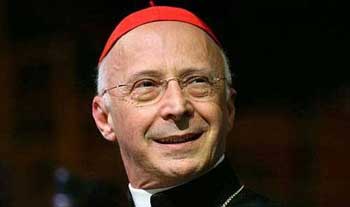
With his attitudes, the 70-year-old Cardinal attracted a lot of attention in recent years, while Vatican experts assume, that he only was appointed chairman of the powerful Italian Bishops’ Conference in March 2007, due to his lack of profile. Supposedly he get roped into the power struggle between his predecessor, Cardinal Camillo Ruini and the Cardinal Secretary of State Tarcisio Bertone. At one level, the contest was between moderates, who wanted Cardinal Dionigi Tettamanzi of Milan, and conservatives, who wanted someone like Cardinal Angelo Scola (then of Venice, now in Milan) or perhaps Cardinal Carlo Caffarra of Bologna. The bottom line is that Bagnasco was thrust into the spotlight largely because he profiled as someone who wouldn’t do much with it. Over the last six years, however, something unexpected happened: He grew into the role.

